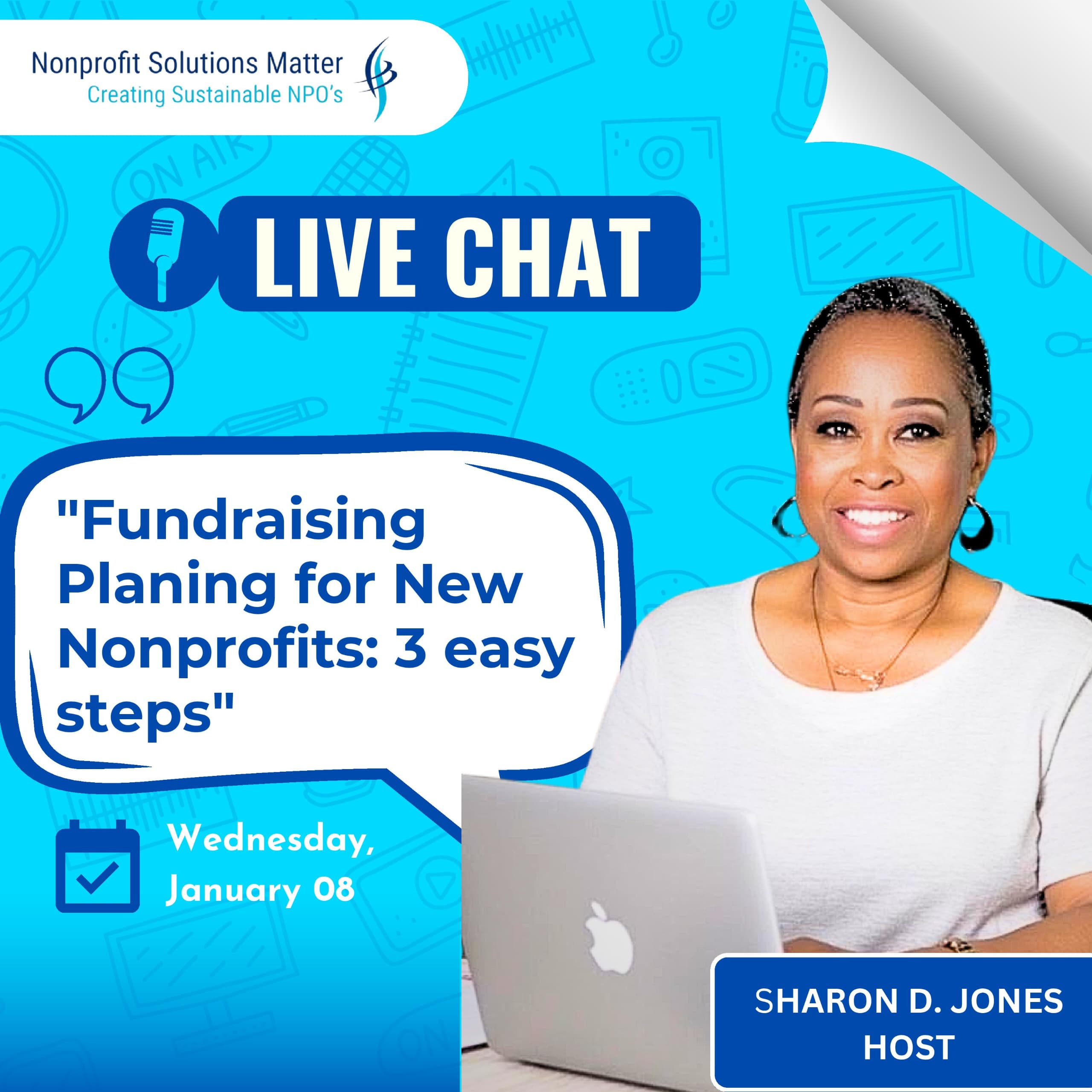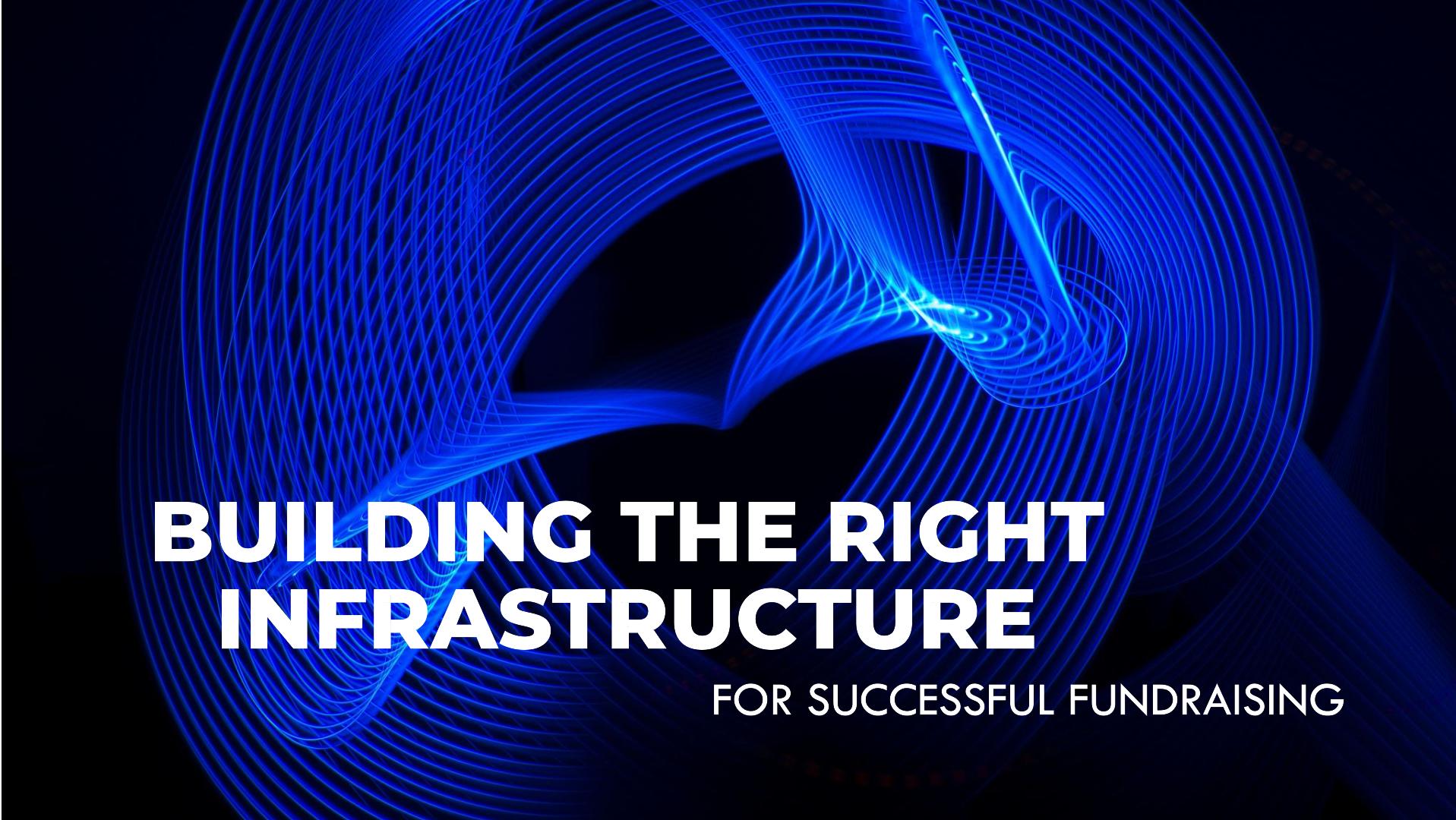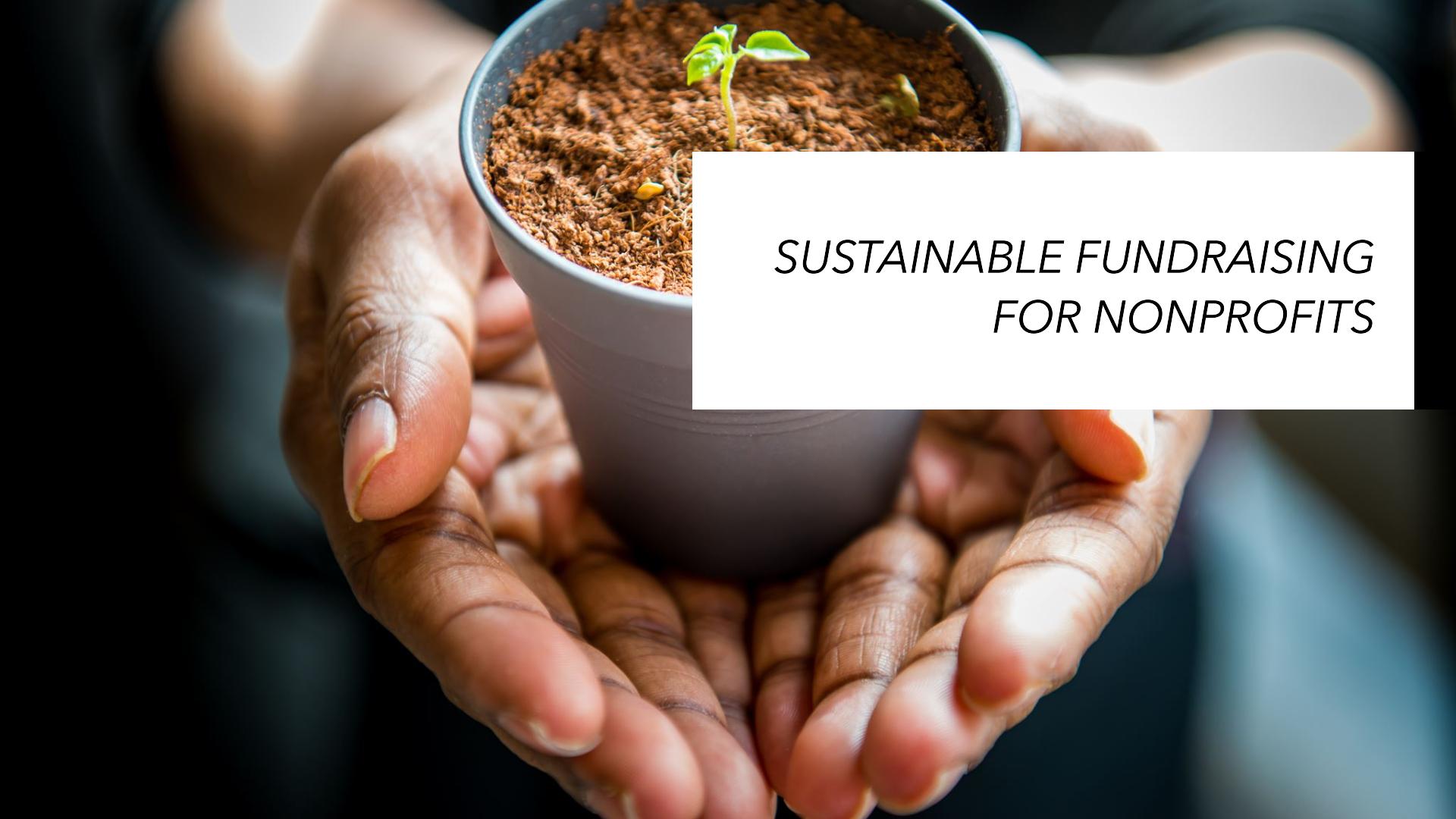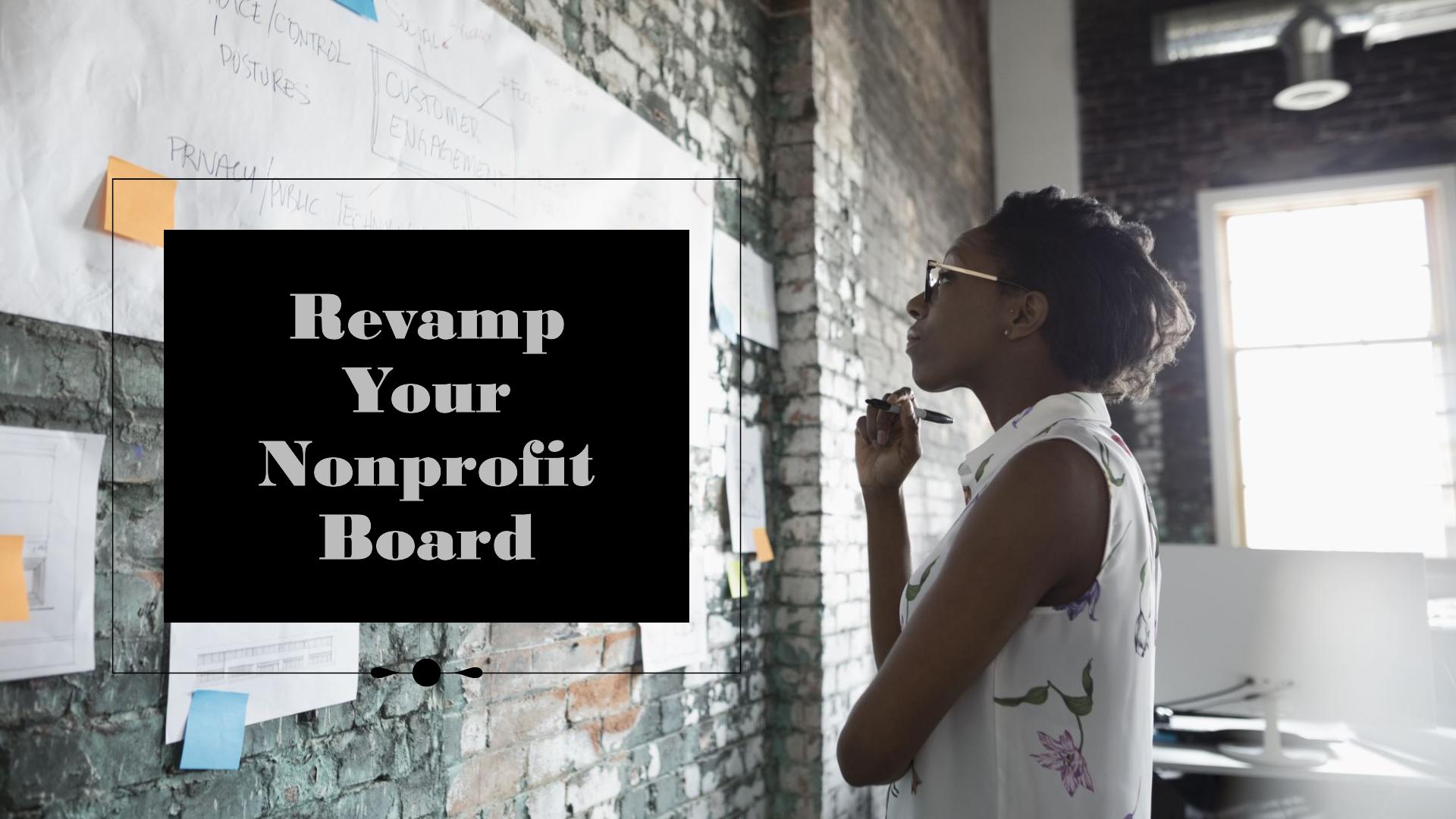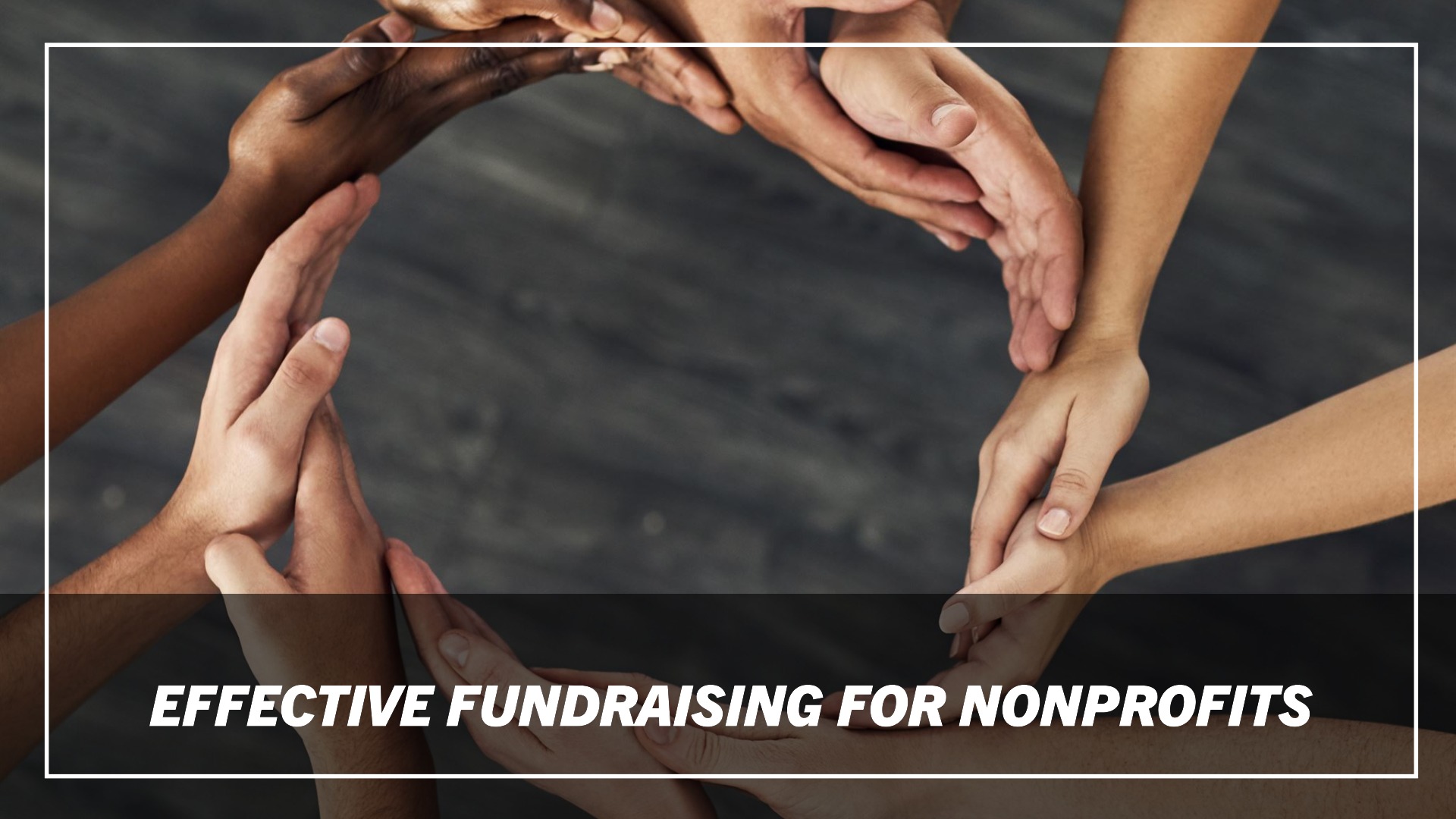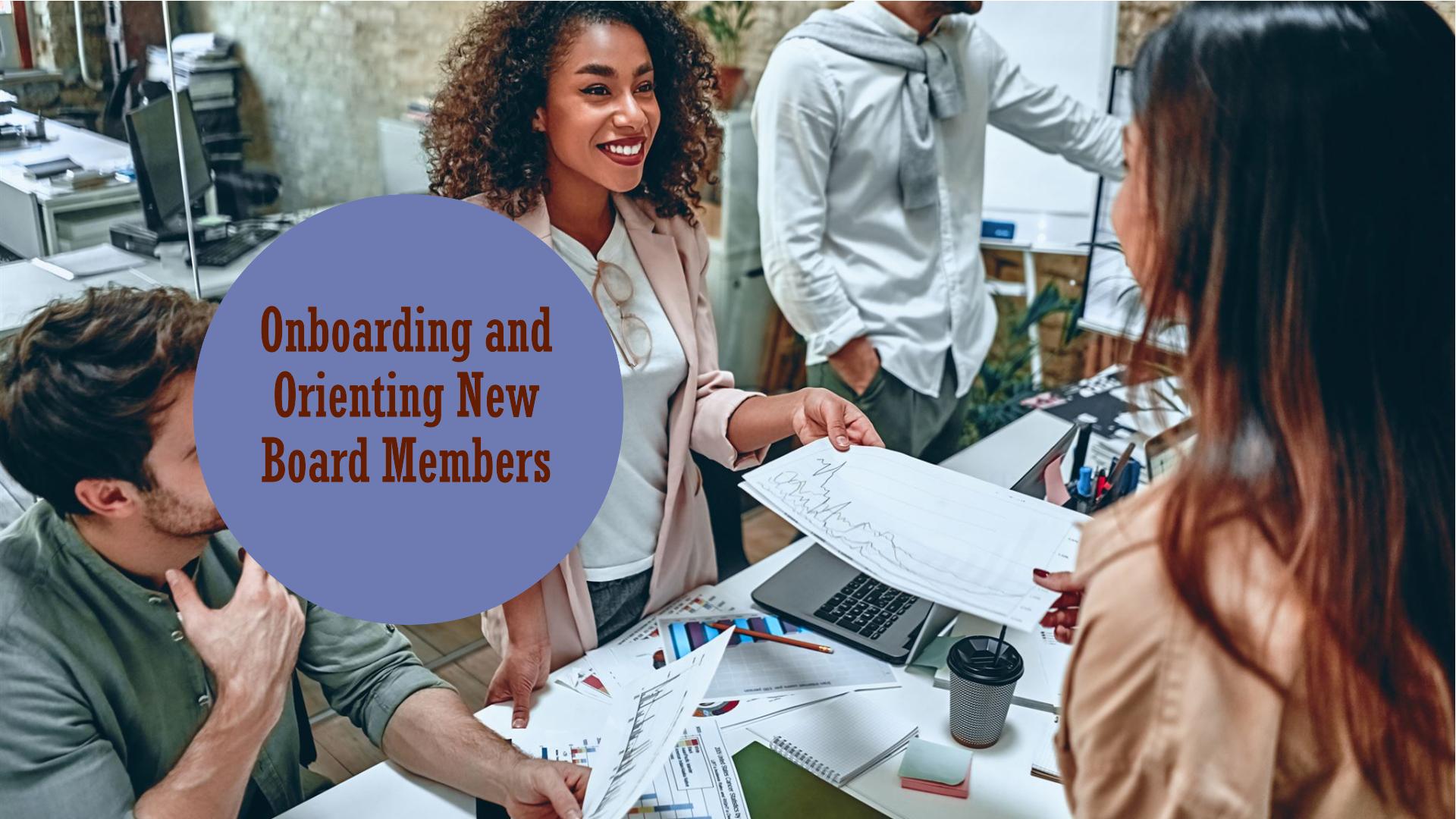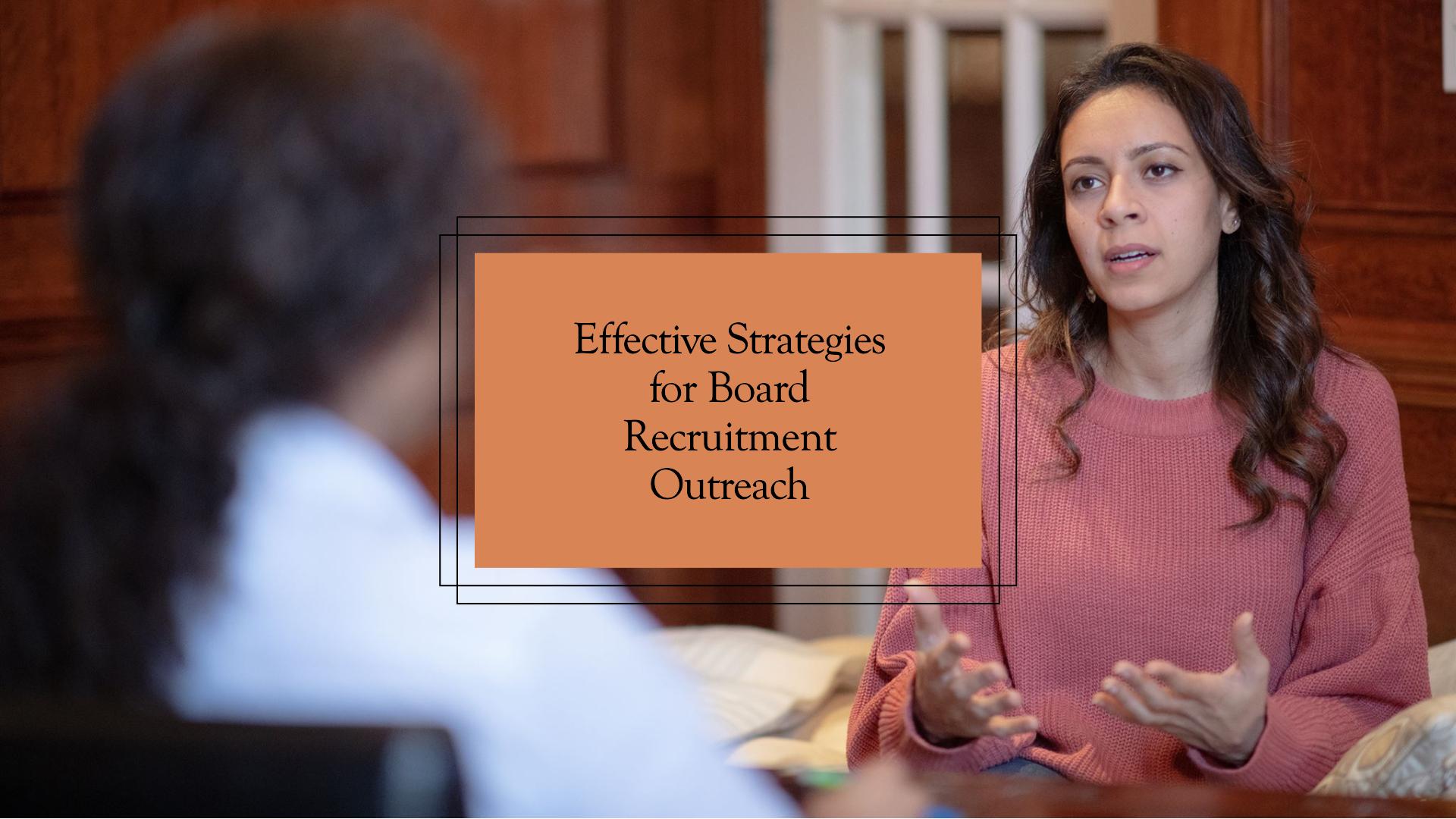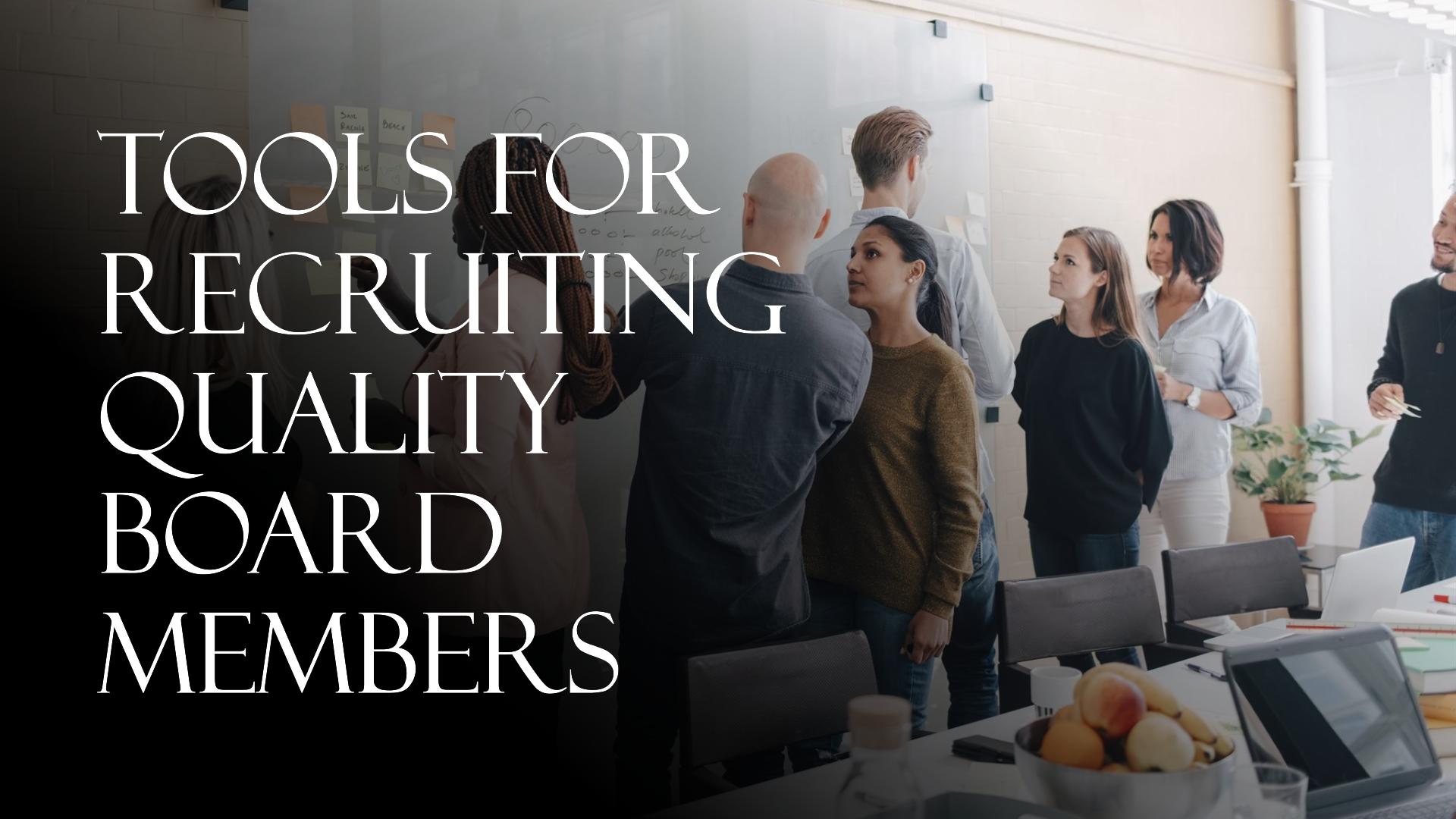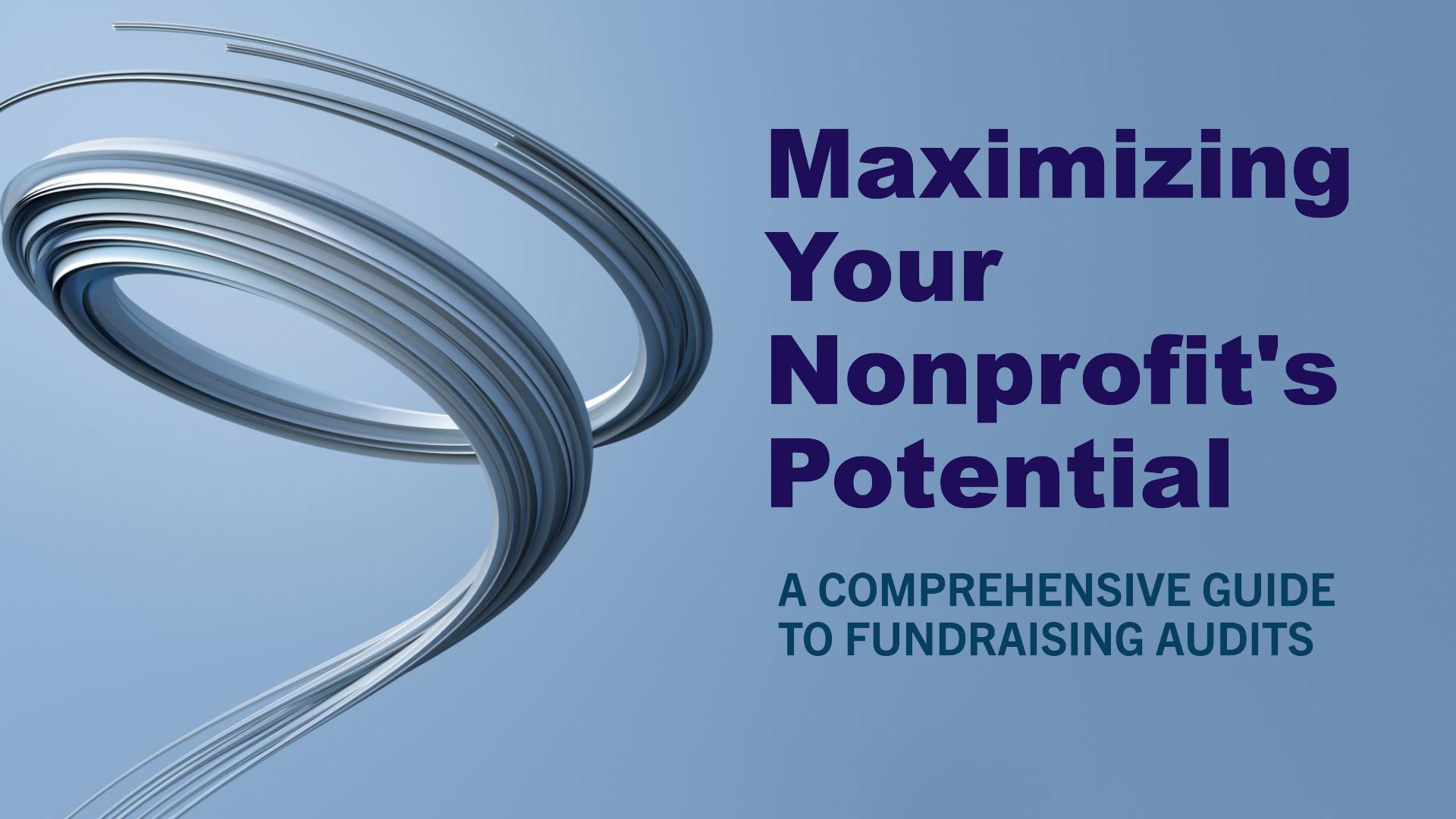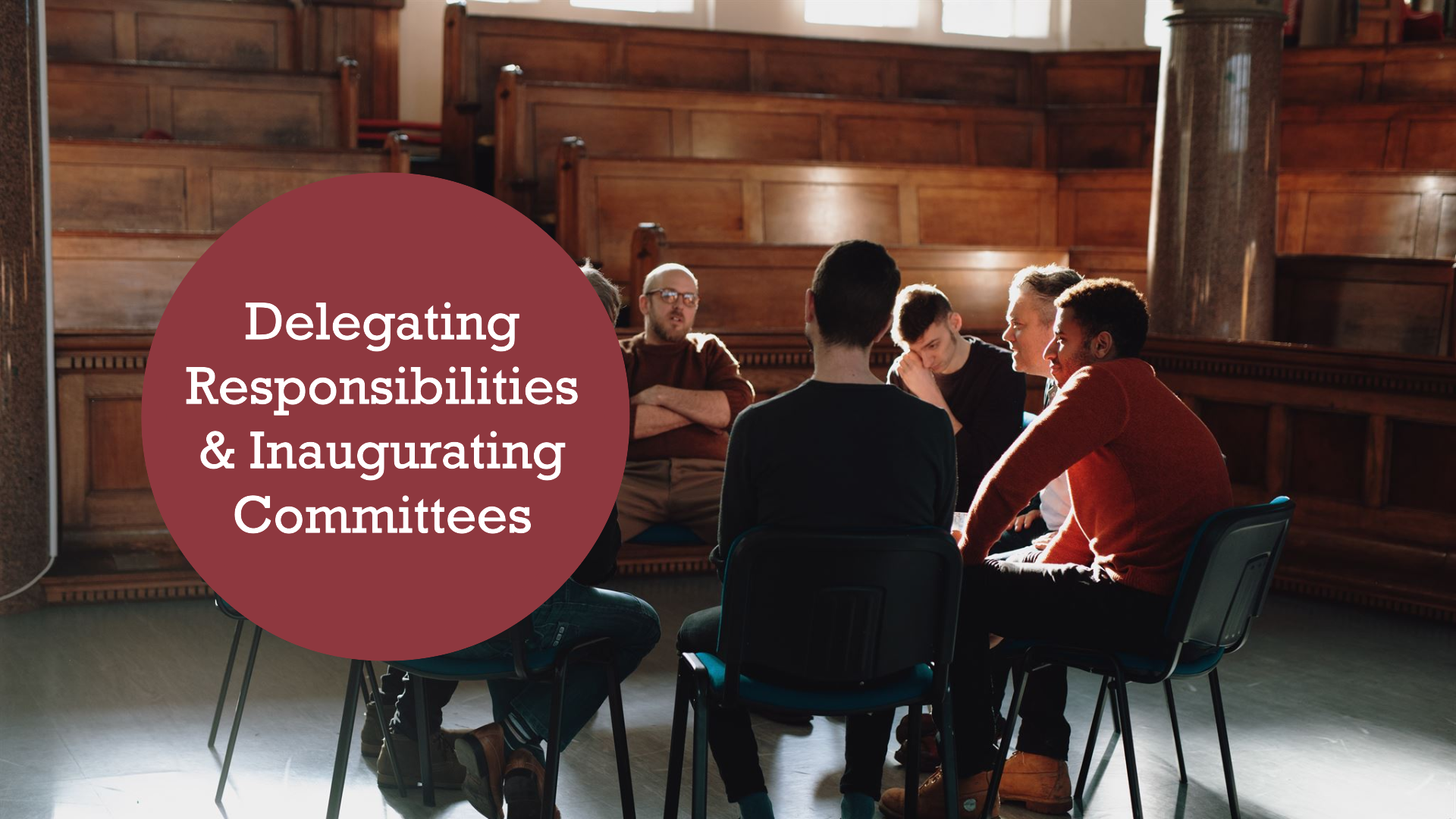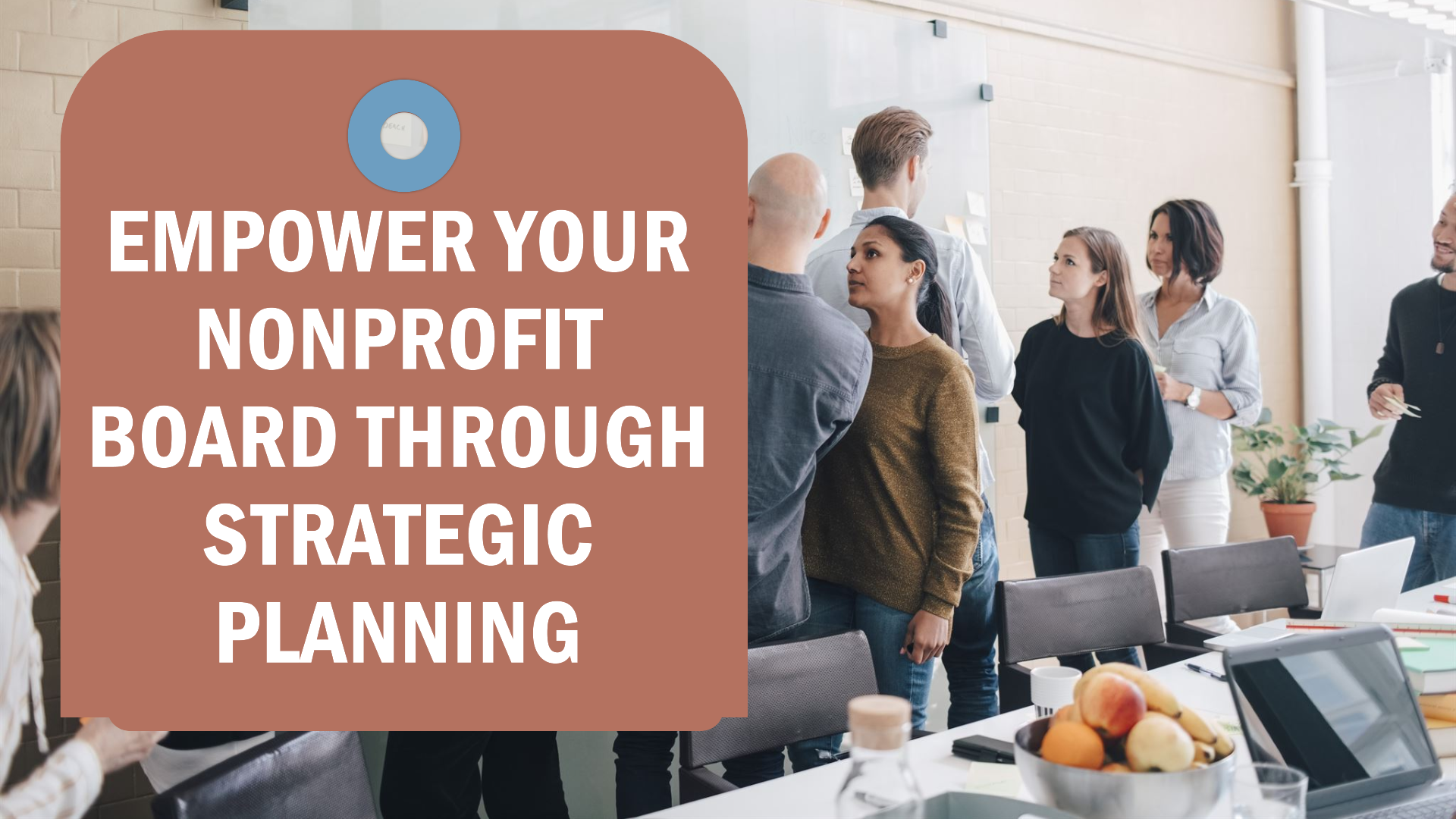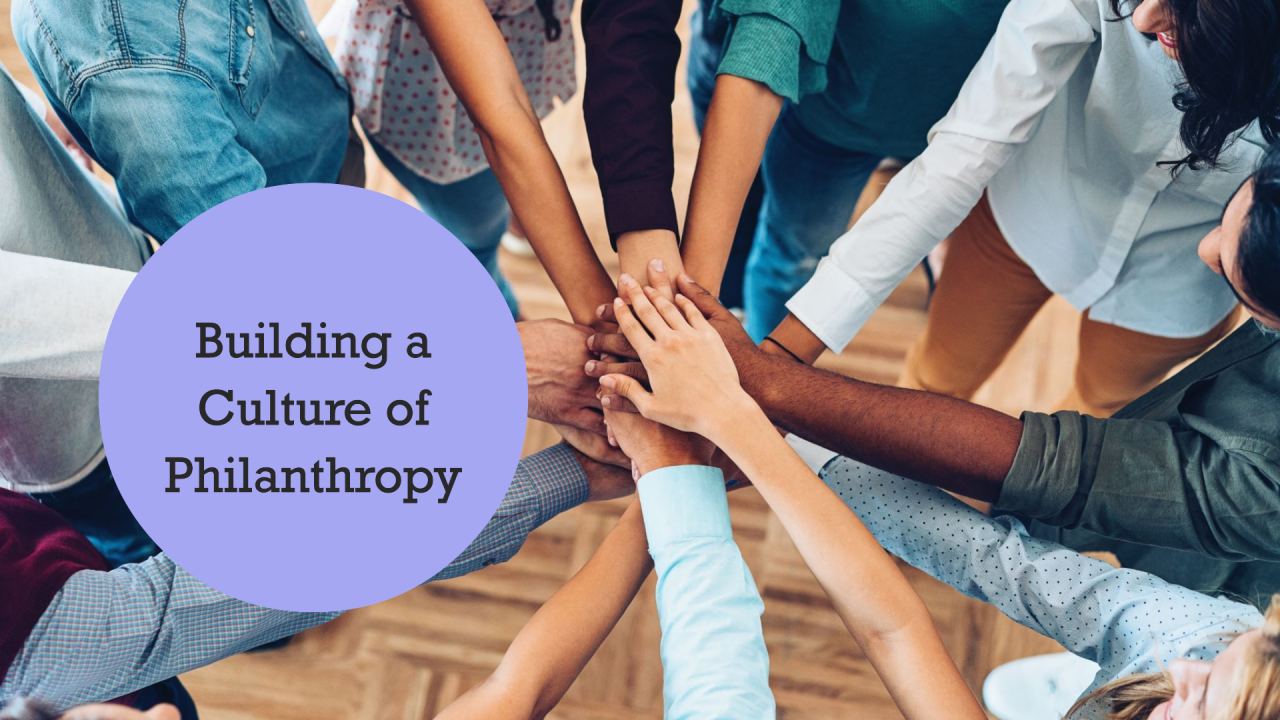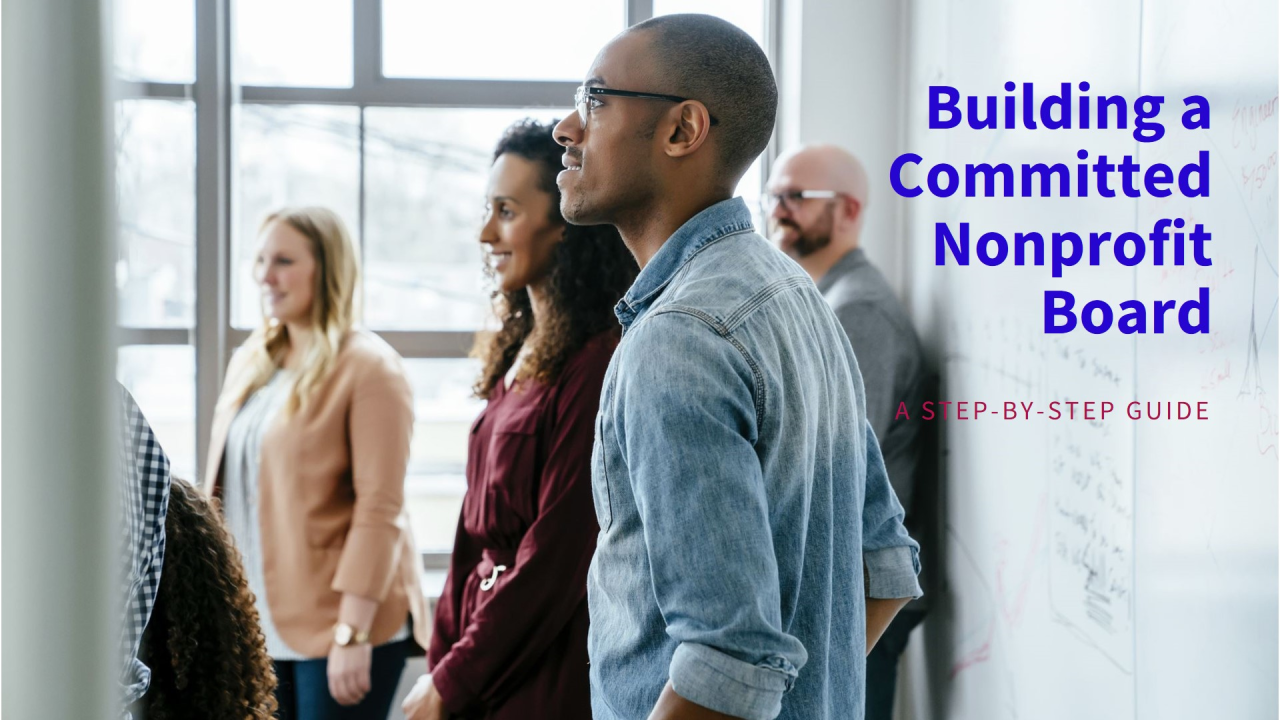Training—Equipping Your Board for LongTerm Success
Today, we dive into Step Six: Training, the final and critical step in building a culture of philanthropy within your nonprofit. While securing significant gifts and building a sustainable fundraising model is essential, none of these efforts will succeed without ongoing board education and development.
Training ensures that your board has the skills, confidence, and knowledge to continuously engage in fundraising and effectively lead your organization toward its financial and mission-driven goals.
Here’s why training is crucial and how to approach it:
1. Ongoing Education and Skill-Building
Fundraising is an ever-evolving field, and to stay competitive, your board members must remain updated on the latest trends, best practices, and donor engagement strategies. Training programs should focus on:
- Fundraising strategies: Teach board members how to cultivate relationships, ask effectively, and engage donors.
- Planned giving and endowments: Equip board members with the knowledge to discuss long-term giving options with potential donors.
- Communication and storytelling: Develop their ability to convey the organization’s mission and impact in ways that resonate with different donor audiences.
Continuous learning opportunities, such as workshops, seminars, and coaching sessions, keep board members sharp and capable of adapting to new fundraising challenges.
2. Practice and Role-Playing
Many board members, especially those without fundraising backgrounds, may feel uncomfortable asking for donations. Practical training such as role-playing and simulated donor conversations helps them build confidence and experience in a supportive environment. By practicing making asks or responding to donor concerns, board members become more comfortable with their roles in fundraising.
3. Encouraging a Fundraising Mindset
The key to a successful fundraising board is shifting their mindset to one that embraces philanthropy. Training should focus on helping board members understand the following:
- Fundraising is part of their role: Each board member is not just a decision-maker but also a fundraiser and ambassador for the organization.
- Collaboration leads to success: Encourage teamwork between board members, staff, and volunteers to create a unified approach to fundraising.
- Personal connections drive impact: Train them to use their networks and relationships to expand the organization’s reach.
4. Leadership Development
Board members are not only fundraisers but leaders within your organization. Leadership development training should emphasize the following:
- Board governance: Ensure they understand their responsibilities in decision-making and setting the strategic direction for the nonprofit.
- Crisis management and problem-solving: Equip them to handle financial or organizational challenges effectively.
- Mission alignment: Reinforce the importance of aligning fundraising efforts with the organization’s mission and vision.
5. Peer Learning and Mentorship
Encourage a culture of peer learning, where experienced board members can mentor newer members in fundraising techniques and leadership skills. This approach creates a supportive environment and ensures that knowledge is passed on, even as board members transition.
Step Six is the engine that keeps your fundraising efforts moving forward. By committing to ongoing training and skill-building, your nonprofit’s board will be well-equipped to lead, fundraise, and create lasting impact. Training isn’t a one-time event; it’s a continuous investment in your board’s ability to navigate the complexities of nonprofit leadership and fundraising.
With the proper training, your board becomes a powerful asset, driving your organization toward greater sustainability and success.
Stay tuned as we wrap up our journey in building a culture of philanthropy and bring it all together!
Sharon Jones is the Lead Consultant at Solutions Matter LLC

